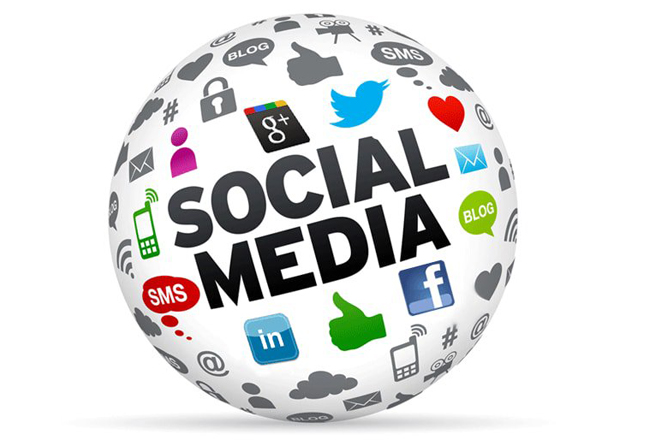Study finds 18% of adults rely mostly on social media for their political news
Roughly 1 in 5 adults get their political news through social media, according to a study released by Pew Research Center, which also found a lack of knowledge among these news consumers on several issues impacting the U.S. sociopolitical environment.
 The study consisted of five surveys done between last October and June that polled more than 8,000 respondents on their use of the seven most prominent sources for election and political information: social media, news websites and apps, local, cable and network television, radio and print and journalism.
The study consisted of five surveys done between last October and June that polled more than 8,000 respondents on their use of the seven most prominent sources for election and political information: social media, news websites and apps, local, cable and network television, radio and print and journalism.
Eighteen percent of respondents identified social media as their primary source for election and political news, with the majority of the news consumers either between the ages of 18 and 29 (48%) or 30 to 49 (40%). In comparison, respondents ages 65 and older relied on social media the least (3%) and on print journalism the most (47%).
The Pew study also quizzed respondents on 29 different fact-based questions related to major news from the past year, ranging from President Trump”™s impeachment to the Covid-19 crisis. The study found that at least 4 out of 10 respondents who mainly relied on news websites and apps, radio and print for news fell into Pew”™s high political knowledge category, only 17% who relied mostly on social media for news could be considered eligible for the high political knowledge category.
Along demographic measurements, women relied more on social media for news than men, by a 56% to 41% level, while more Democrats than Republicans sought out this channel in a 55% to 40% split. White adults made up 56% of those relying heavily on social media for news, compared with 21% of Hispanics and 11% of African Americans. Roughly one-quarter of those whose most common news platform was have a four-year college degree, about on par with those who turn to network and cable TV for news.
“Americans who say social media is their most common way of getting election and political information are among the least likely to be following news about the 2020 presidential candidates ”˜very closely,”™ at only 8%, according to a survey conducted June 4-10,” the Pew study reported. “Only the local television news group, at 11%, has a comparably low share following the election very closely. Among all other groups, about 20% or more say they are following news about the 2020 election very closely, with those in the cable TV group at the high end of 37%.”
The study added that 56% of those who rely on social media for news said they have been following news about Covid-19 “fairly” closely. However, only 52% of this group were able to correctly identify Dr. Anthony Fauci as an infectious disease expert and government health adviser.